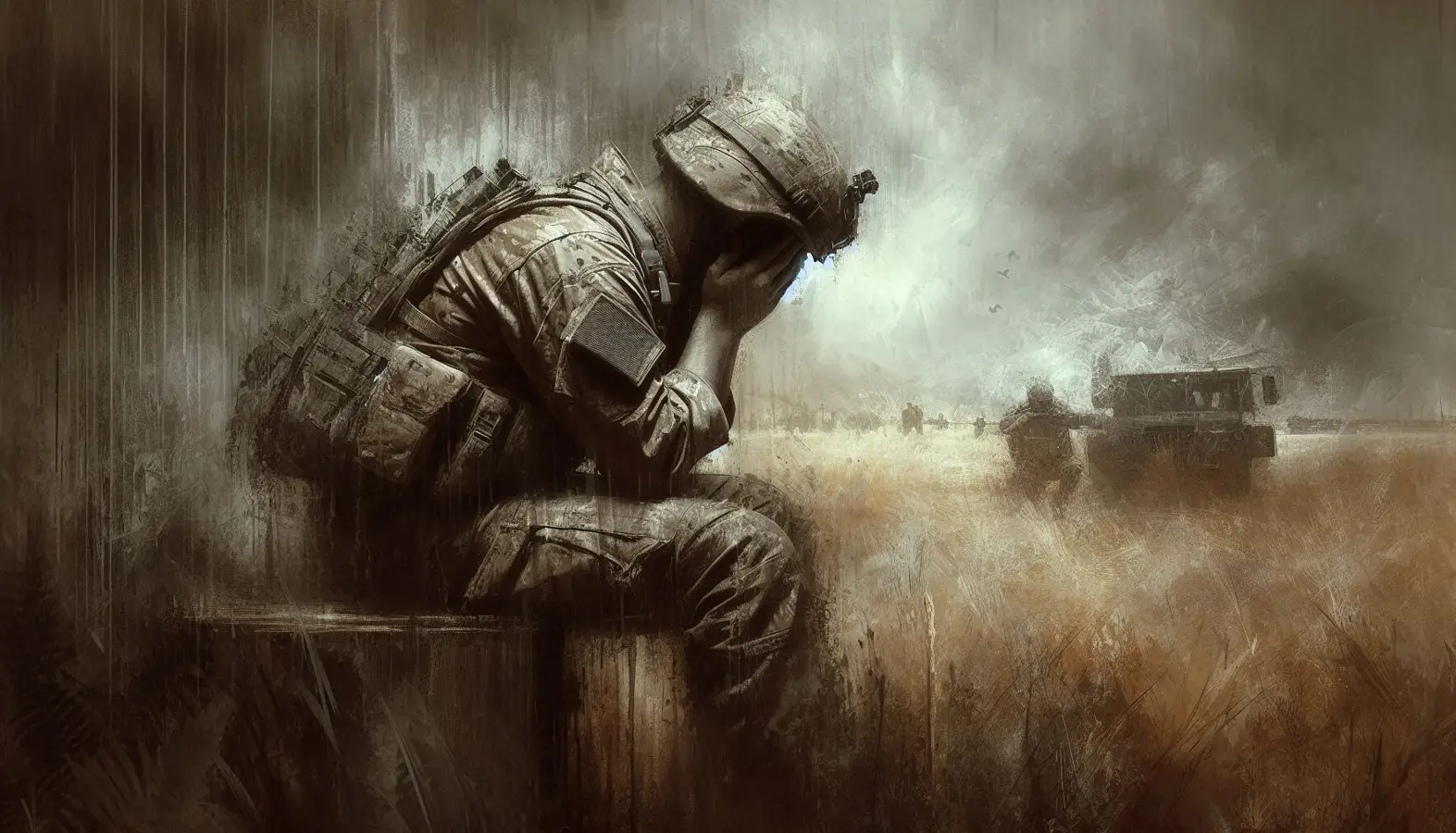Veterans' mental health: psychological rehabilitation and integration into society

Psychological rehabilitation of the military is an integral part of caring for soldiers whose service is accompanied not only by physical but also psychological trauma. This important aspect of military support is aimed at restoring mental health and successful reintegration into society after completion of service. High-quality psychological support helps to overcome barriers, restore social ties, cope with emotional difficulties, raise self-esteem and restore confidence.
Military conflicts leave their mark on both the psyche of civilians and the souls of soldiers. Stress, trauma, and the loss of comrades-in-arms can lead to post-traumatic stress disorder (PTSD) and other psychological problems.
One of the key tasks of psychological rehabilitation is to successfully integrate the military into society. After completing their service, many servicemen and women face difficulties with adaptation, feelings of isolation and misunderstanding from others. Olena Besaraba, a psychologist, shared her experience of working with the military: "They have a word for it, 'brother-in-arms', and they have told me more than once that it is easier for them there (at the front) because they are the same, they are all for each other. There is no betrayal among them, and they always have their comrade's back. When the guys come back from the front, it's harder for them, because the reality is completely different. Compared to what they have been through and what they have seen, people's everyday problems seem insignificant. It takes them some time to get used to it and they need to adapt to "non-military life". If a person has a family, friends or a job, these are the factors that help them cope with adaptation successfully."
Fortunately, not all soldiers experience PTSD. Israeli psychologists estimate that about 13-15 percent of veterans need professional help. Others are able to cope with their mental state on their own, provided they return to the life they had before the war.
Crisis psychologist Vira Shevchenko emphasises that the serious stress associated with military service affects any psyche. However, the ability to cope with stress and adapt is different for everyone. It depends on upbringing, character traits and personal experience. There is no exact timeframe for the onset of PTSD, and the disorder can manifest itself many years later. This condition is accompanied by sleep disturbance, loss of appetite, excessive agitation and overreaction to any (in the victim's opinion) injustice.
Often, men who go to war are already in a state of deep personal crisis. Their military actions become an unconscious continuation of self-destruction, so problems can be exacerbated upon returning home. Competent screening of soldiers and their effective psychological training before they go to the front is important. Those who receive quality training are better able to cope with stressful situations, emerge from them psychologically healthy and recover more easily. Training provides knowledge and resources to rely on.
The Minister of Veterans Affairs of Ukraine, Iryna Friz, says that post-traumatic stress disorder is only one of the problems related to the mental health of veterans. Many of them have suffered contusions that often go unnoticed and lead to long-term psychological disorders: alcoholism, aggressiveness, conflict, memory and attention disorders. That is why the state's task is not limited to combating PTSD, but includes a wide range of psychological adaptation of veterans to normal life. Creating the conditions for successful socialisation and a full life is a top priority. It is vital that veterans feel supported and respected for their contribution. Support from society is key, and insults or humiliation of veterans can have a serious impact on their psychological well-being. It is important to create an environment where veterans feel recognised for their service. It is also necessary to prepare relatives for the return of a loved one from war so that they can provide support to the veteran.
It is equally important that veterans themselves monitor their mental state and pay attention to changes, and that others understand the difficulties faced by the military after returning from the combat zone. In Ukraine, there is free access to psychological help, and it is important not to remain silent but to report problems that have arisen.
It is also important for the media to understand the problems of military personnel. News outlets should remember what these people have been through and should not focus only on offences committed by the military. Public support and understanding will help veterans successfully reintegrate into civilian life. Thus, the creation of an effective system of social and psychological adaptation of veterans requires efforts and attention not only from the state and veterans' families, but also from ordinary people and society as a whole.










